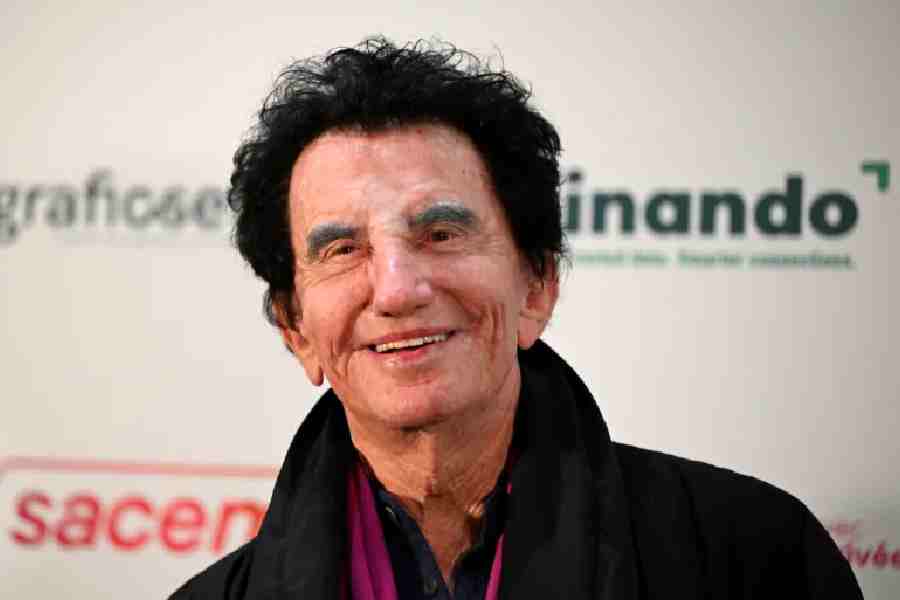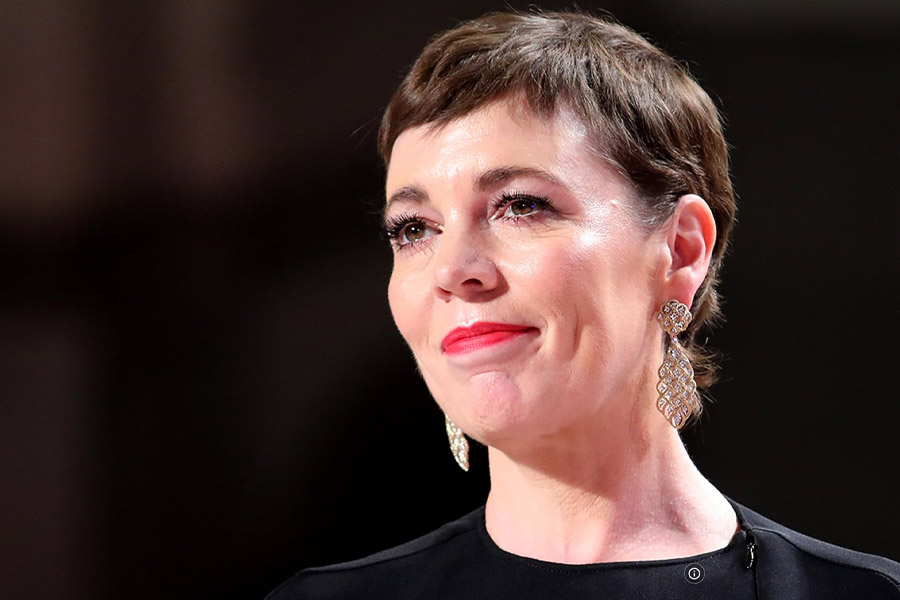Voices that were not heard
 |
Days and nights in the heartland of Rebellion (Penguin, Rs 299) by Gautam Navlakha is a first-hand account of the fortnight the author spent in the heart of the Maoist stronghold of Bastar, where the Maoists run their “people’s government”. He says that the “military suppression by the Indian State” of the dispossessed is usually treated as “less than a war”, because “it takes place within the borders of the ‘nation state’ where deployment of ‘Armed Forces of the Union’ is considered legitimate”. Navlakha’s descriptions of the atrocities committed against the vast population of tribal people in central India help shed light on the stories that seldom get told. Those who protest against the State face either violence or are accused of sedition, while the State and corporations “feel free to acquire land through force and fraud”. In all of this, Navlakha points out that it is the people of the nation who are getting militarily suppressed. Through his discussions of the politics of the war against the Maoists and his interactions with the cadre of the Communist Party of India (Maoist), Navlakha provides a nuanced indictment of the Indian State.
Breaking the bow: Speculative fiction inspired by the Ramayana (Zubaan, Rs 395) edited by Anil Menon and Vandana Singh is a collection of 25 short stories that takes a “courageous leap into the unknown”. The stories may have been inspired by the epic. But some of the contributors — Tabish Khair, Abha Dawesar, Kuzhali Manickavel and Manjula Padmanabhan choose to go down a path less trodden. Manickavel, for example, creates a blog for Surpanakha in the wake of her mutilation at the hands of Lakshman, where she thanks her fans for their support in her time of need and writes that the “doctors say my ears are going to be ok but it might be a while before my breasts and my nose grow back completely.” Peopled with characters that are complicated, layered and flawed, the stories are entertaining, but don’t take themselves too seriously.
Winter of the World (Macmillan, Rs 399) by Ken Follett is a sequel to the author’s 2010 book, Fall of Giants. Five families — two of whom are British, while the others are American, German and Russian — are caught in the middle of the Second World War and the dramatic events that led up to it. Their desires, ambitions and the events surrounding them shape their relationships and fates. Follett gives a vivid account of how Hitler and his followers consolidated their power by destroying newspaper offices, brutalizing political opponents and ignoring parliamentary procedures. In parts of the book one gets glimpses of Follett’s skills as a writer of thrillers. His protagonist, Volodya Peshkov, is a Russian military intelligence officer who is looking for information on the construction of an atomic bomb. The reader is taken into the post-war years; the narrative ends with the stage set for the Cold War.
Follett is a natural storyteller. His ability to juggle multiple narratives coherently and his eye for detail make this book an interesting read.
 |
The other senses: An inspiring true story of a visually impaired woman and her road to success (Roli, Rs 250) by Preeti Monga is the author’s account of her battle with optic atrophy that led to her vision deteriorating. With the support of her parents she learnt to overcome her disability, look for new possibilities and accept failures with dignity. Monga juggled her responsibilities as a trauma counsellor, aerobics trainer, writer and mother rather well. While her account of her achievements might border on the pompous at times, it is a vanity that can be forgiven when one thinks of the odds she braved.











